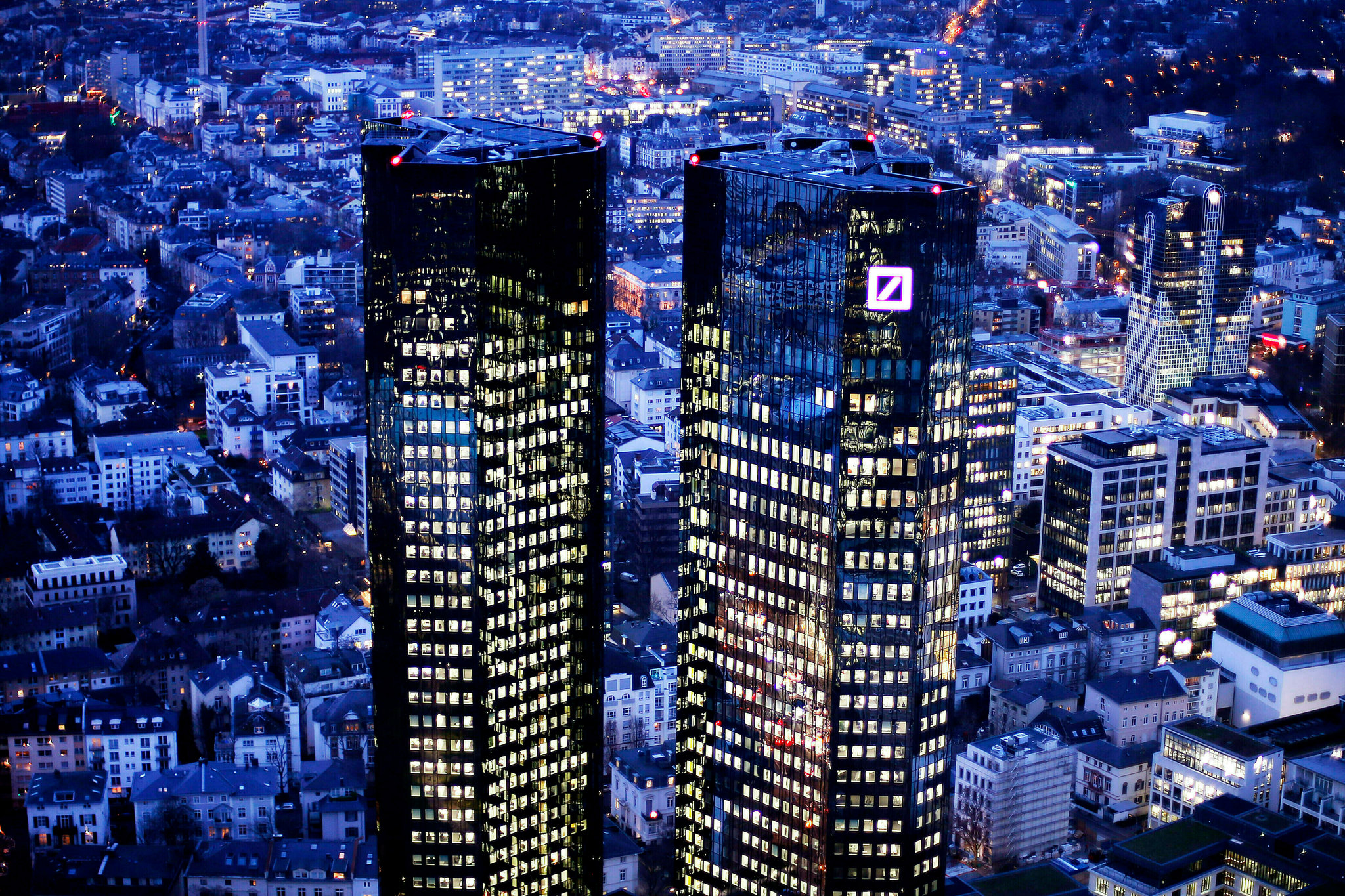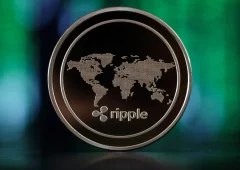Deutsche Bank Introduces Blockchain Solution to Tackle Compliance Issues
18.12.2024 21:00 1 min. read Alexander Stefanov
Deutsche Bank is addressing compliance challenges in blockchain adoption with the launch of Project Dama 2, an innovative Layer-2 (L2) solution aimed at improving the regulatory framework for public blockchains like Ethereum.
This initiative is part of the broader Project Guardian, a collaboration with the Monetary Authority of Singapore (MAS) and other major financial institutions to explore tokenized assets through blockchain technology. Deutsche Bank’s contribution focuses on enhancing Ethereum’s efficiency, reducing transaction costs, and addressing regulatory concerns.
Project Dama 2 uses a dual-chain approach to separate compliance issues from public blockchain benefits, making blockchain more accessible to financial institutions. It incorporates ZKsync technology for faster and more secure transactions and introduces “super admin rights” for regulators to monitor fund movements, enhancing transparency and trust.
This solution aims to bridge the gap between decentralized technologies and regulated financial services.
Deutsche Bank’s initiative shows how public blockchains can be integrated into traditional finance while meeting compliance standards. By focusing on Ethereum, the bank is leveraging a widely used public blockchain to create an efficient, transparent system.
The project, developed with Memento Blockchain Pte. and Interop Labs, is set to introduce a minimum viable product (MVP) next year, potentially setting new standards for blockchain adoption in the financial sector.
-
1
German State-Owned Development Bank Issues €100 Million Blockchain Bond
11.07.2025 7:00 2 min. read -
2
Tether Ends Support for Five Blockchains in Infrastructure Shift
12.07.2025 11:30 2 min. read -
3
Cardano and Ethereum Lead in Developer Activity as GitHub Commits Surge
14.07.2025 12:00 1 min. read -
4
BNB Chain Upgrades and Token Delistings Reshape Binance Ecosystem
16.07.2025 22:00 2 min. read -
5
Ripple Powers UAE’s First Tokenized Real Estate Project via XRPL
16.07.2025 21:00 2 min. read
Chainlink Partners With Westpac and Imperium to Tokenize Finance in Australia
Chainlink has announced a major institutional partnership with Westpac Institutional Bank and Imperium Markets as part of Project Acacia—a joint initiative involving the Reserve Bank of Australia and the Digital Finance Cooperative Research Centre (DFCRC).
BNB Chain Upgrades and Token Delistings Reshape Binance Ecosystem
Binance continues to refine its ecosystem in 2025, with major updates spanning performance upgrades, token listings and removals, and new token launches—all reinforcing its focus on scalability and innovation.
Ripple Powers UAE’s First Tokenized Real Estate Project via XRPL
Ripple has taken a major step in expanding its institutional digital asset infrastructure in the Middle East by partnering with Ctrl Alt to support Dubai’s first government-backed real estate tokenization initiative.
Cardano and Ethereum Lead in Developer Activity as GitHub Commits Surge
Recent GitHub data reveals which blockchain ecosystems and individual projects attracted the most developer attention last week—a key signal of long-term project strength.
-
1
German State-Owned Development Bank Issues €100 Million Blockchain Bond
11.07.2025 7:00 2 min. read -
2
Tether Ends Support for Five Blockchains in Infrastructure Shift
12.07.2025 11:30 2 min. read -
3
Cardano and Ethereum Lead in Developer Activity as GitHub Commits Surge
14.07.2025 12:00 1 min. read -
4
BNB Chain Upgrades and Token Delistings Reshape Binance Ecosystem
16.07.2025 22:00 2 min. read -
5
Ripple Powers UAE’s First Tokenized Real Estate Project via XRPL
16.07.2025 21:00 2 min. read


